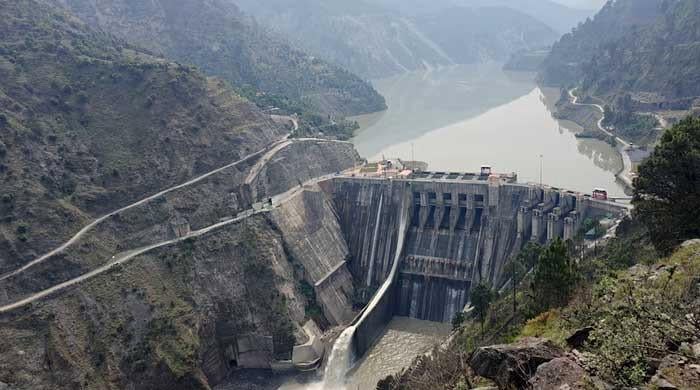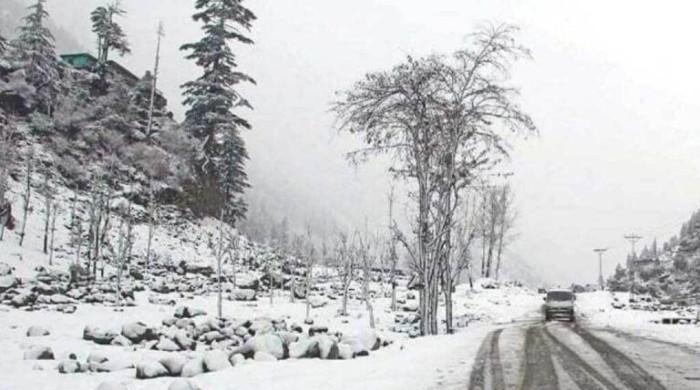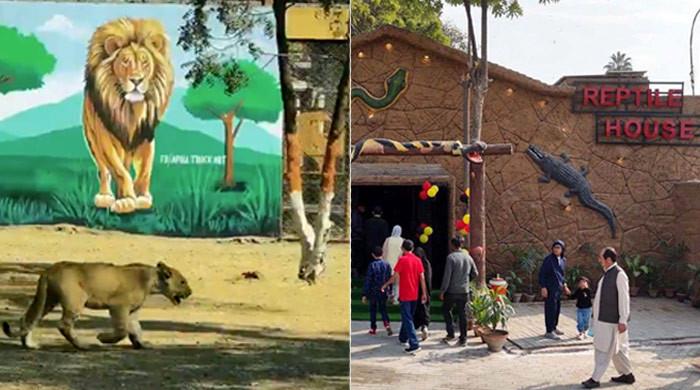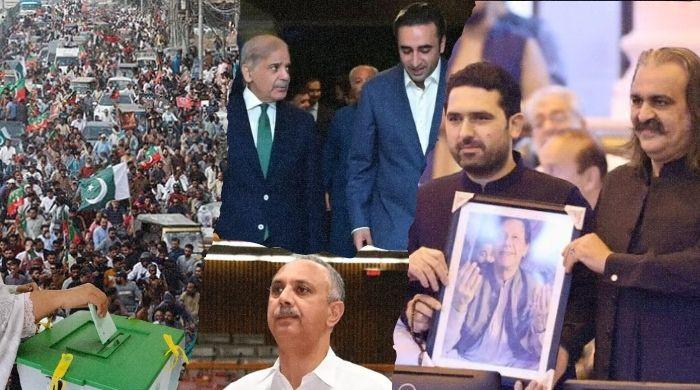Karahi becomes heavier on the pocket as ‘system’ adds to public woes
Surging prices of chicken and tomatoes mean that the karahi you love has become pricier
March 25, 2017
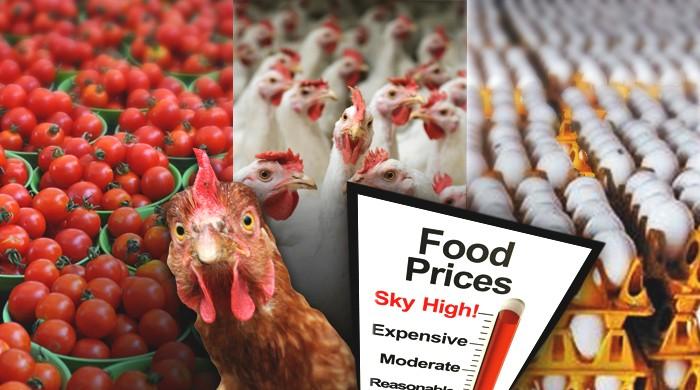
KARACHI: In Liaquatabad, a kilogramme of chicken costs Rs. 380 these days, while tomatoes are priced at Rs. 100 per kilo – meaning that the karahi you love has become pricier.
What has led to this?
Supply constraint is the major reason fueling the current price surge, alongside other secondary factors, such as dying foals, diminishing production, and the hot weather, which has recently become the talk of the town.
Imran, a vegetable seller in the Liaquatabad supermarket, says he is selling his stock at Rs. 80 per kilo since his tomatoes are slightly smaller. However, the government has set the per-kilo rate at Rs. 99, which is normally below the open market, he believes. He added that his retail price is always below the list price.
In different parts of the city, tomatoes retail at Rs. 160 a kilo, though Imran admits that those tomatoes are bigger than his own.
On the other hand, one kilogramme of boneless chicken will set your pocket back Rs. 500.
Market prices are, thus, surging on the back of declining supply and production-related issues, which are broadly caused by mismanagement. What the authorities need to do in this regard is to simply fine-tune the system or continue listening to the public's persistent – and justified – complaints. People are forced to buy since they do not have any other choice.
“There is no structure, and there are no rules or regulations! The system coerces everyone to buy regardless of how high the prices go as there is no other option,” Imran quipped.
Picture this: pulses’ importers failed to keep pace with the international prices, according to the market gossip. While prices dipped around the globe, Pakistani importers, who had already acquired inventory based on rumours of a supply glut, suffered a setback.
Now, in order to cover their losses – or simply sell their stocks higher – they bribe the plant protection teams to make sure that all pulses containers are fumigated. This leads to constricted supply, which, in turn, boosts the prices.
However, Shams-ul-Islam – a market analyst – reasons that the prices are bound to fall on improved production. He said that a policy by the government can resolve the issue, only if the traders add value; for example, convert chickpeas to channa daal.
(Editing by Haseem uz Zaman)





